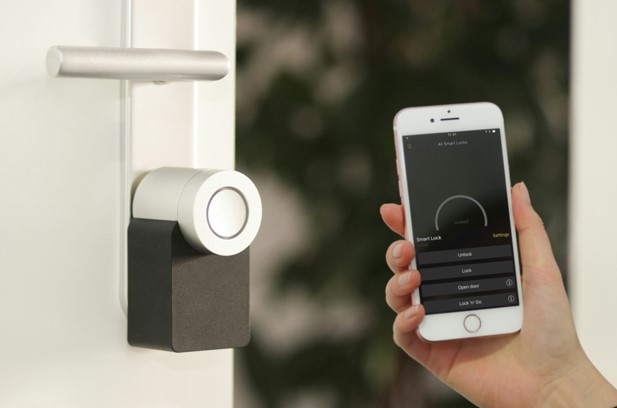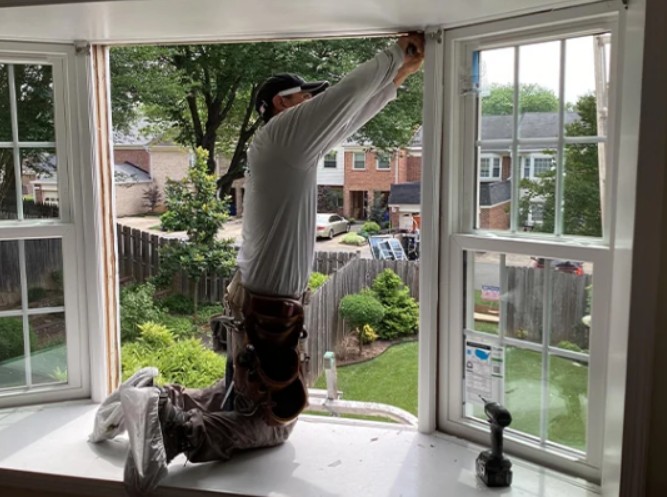
As technology continues to advance, our homes are becoming increasingly connected and intelligent. One such innovation is the smart door lock, which promises enhanced security and convenience. But are these high-tech devices truly smarter than traditional locks? In this blog post, we will delve into the features, benefits, and potential drawbacks of smart door locks, enabling you to decide if they are a worthy addition to your home security system. We’ll also explore how they stack up against conventional locking mechanisms in terms of usability, safety, and cost-effectiveness.
Understanding smart lock features and technology
The Smart door lock stands out with its range of sophisticated features that simplify access control. Keyless entry options like biometric scanning allow you to unlock doors with just a fingerprint or facial recognition. Smartphone integration offers remote access capabilities via Wi-Fi or Bluetooth, giving you the power to lock or unlock your doors from anywhere in the world. Moreover, many smart locks are designed to work seamlessly with other smart home devices, enabling automation through platforms like Amazon Alexa or Google Home. It’s this blend of innovative technology that sets them apart from their traditional counterparts.
Evaluating security: are smart locks safer?
When it comes to security, smart door locks utilize advanced encryption standards to protect your data from unauthorized access. However, concerns about hacking vulnerabilities persist; technical failures can occur if not properly maintained. Compared to traditional locks that mainly deter physical break-ins, smart locks offer an additional layer of digital protection but require regular software updates for optimal security. User experiences vary widely—some appreciate the increased safety measures while others worry about potential cyber risks linked with these innovations.
Convenience versus complexity: user experience
The appeal of using a Bold Smart Lock lies largely in its convenience factors—imagine never having to fumble for keys again! Remote operation means you can let guests in even when you’re not home, while automatic locking ensures peace of mind by securing your door after a set time period. Nevertheless, some users find initial setup challenging due to technical requirements or compatibility issues with existing systems. Dependency on power sources like batteries can also be seen as a downside since dead batteries might leave you temporarily locked out.
Cost analysis: are they worth the investment?
The financial aspect is crucial when considering whether a smart door lock is worth it for your household. While the initial purchase price may seem steep compared to standard locks, savings accrue over time by eliminating costs associated with lost keys or locksmith services. Prices vary significantly among different models; higher-end options might include additional subscription fees for premium app features or cloud storage services. Ultimately though—if convenience outweighs cost concerns—a smart lock could prove itself as an investment well made over time.
In conclusion, while smart door locks offer an array of modern conveniences and advanced features that can significantly enhance home security systems, they may not be suitable for everyone due to potential drawbacks such as higher costs or security vulnerabilities. Ultimately, whether a smart door lock is truly “smarter” depends largely on individual needs and circumstances. By carefully weighing their advantages against traditional solutions within your specific context—considering factors like ease-of-use and reliability under various conditions—you can make an informed decision about integrating this innovative technology into your daily life.






